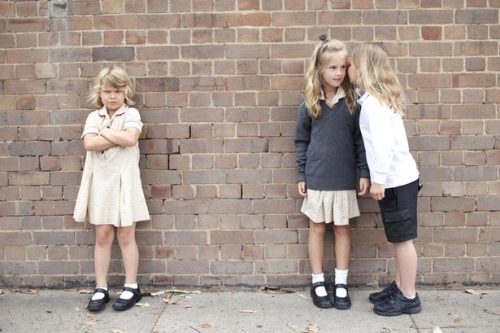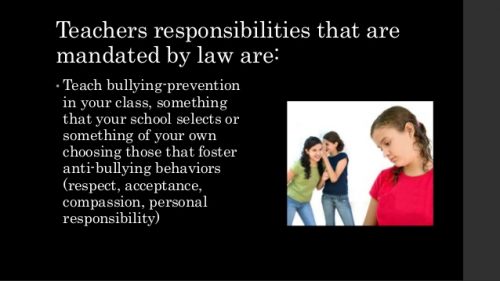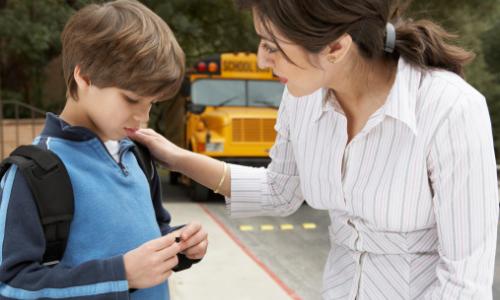
I’d like to say that news is crap and that some people are just out to get President Trump and find faults, but statistics don’t lie. Since his office, and possibly a result of misinterpretation, white Americans living in the country have become bolder with their hate and disgust for other races and ethnic groups living within. There are endless bullying on the streets, and racial discrimination has increased a hundredfold.
It is alarming, indeed, and I’m not blaming the president for this phenomenon. I voted for him, but he may have miscommunicated his idea on people living in the United States that don’t have fair skin. And so, people brought it upon themselves to “drive away” non-white Americans, and it has produced bullying situations, most especially in schools.
How Do We Address Bullying In School – Classroom And School Setting
As a teacher and a full-blooded American for that matter (yes, I have fair skin, blue eyes, and blonde hair), I will never condone bullying. America became great because of people thriving together in peace amidst their racial and ethnicity. Being a teacher, I was bent on teaching my students the details on bullying.

I put bullying to a halt straightaway. Every time I see kids fighting, I rush to them and go in between the students. Fights may have different reasons as to why it happened, but there is always a bully factor to it. I don’t even tell the onlookers to go away. Instead, I let all of them see what I do and let them hear what I say. My first words: I don’t like fighting, and I am against bullying. And then after that, I separate the parties and talk to them one by one when calm. Remember, “A child who has to endure bullying usually suffers from low self-esteem and their ability to learn and be successful at school is dramatically lessened.” Kara Tamanini, M.S., LMHC said.
When there is bullying, I always get the school handbook and read them the rules. After getting all the facts and interviewing witnesses, I will then refer to the school rules. If there is a consequence, it will be exercised accordingly (ex. detention or suspension from class) so that everyone will see what will happen to them. This action will prevent others from bullying their classmates.
I always support and assist the bullied student or students. When a child is bullied, often their dignity is trampled on. I find a way to restore that lost pride and for the student to feel safe and confident again. It helps to speak with the child and maybe offer counseling sessions with a trained counselor in school. (The school counselor may be willing to do this.)
Teaching bystanders how to act in case a bullying situation happens again. After a fight, I separate the two parties, but before that, I announce some things to the onlookers. I always say that they have to intervene if someone is being bullied or call the attention of a teacher to stop the act from escalating. Those who stand up for the bullied child are given appropriate positive words while inactive bystanders are provided suggestions on how to respond to such event.
Consequences of the bullying act are carried out immediately. Bullies are not forced to apologize if they don’ really mean it, but they will be punished for their actions according to the school handbook. If they want to say sorry for their actions sincerely, the bully or bullies are given that opportunity. Still, their punishment still stands. I usually give them detention and a social punishment like no recess or lunch with friends in the cafeteria. They have to serve “time.” “There is no remorse or “just kidding.” The final hallmark of bullying behavior is the intent and knowledge that they can, and likely will, do it again and can purposely keep people on guard.” Paul Schwartzman, LMHC, MS, DAPA explain.
After the event, parents are called and notified of what happened to their kids.

Follow up with the parties, the bullied student, and the bully, for support. Bullies are like that because they have issues and they need help as well. I talk to my students after such events, one on one, and then together. More often, after a few months, the bully and the bullied become friends. I happened to me, and it’s the point of doing all the help and support – to find peace. “Being bullied is hurtful and humiliating. It’s not an accident or joke—it’s a repetitive action that happens to a designated person or group over a period of time.” Debbie Pincus MS LMHC emphasizes.
Resource: Ann Marie Smith, Educator, Washington, DC
